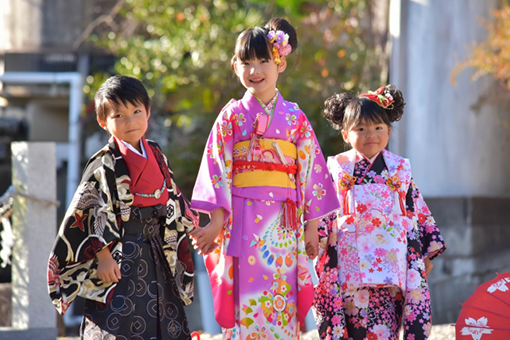Love is a universal language, but it’s expressed in countless ways across cultures. Ancient Greek in particular offered a sophisticated understanding of different types of love:
‘Agápe’ (ἀγάπη) refers to selfless, unconditional love, which is often associated with divine love and love of humanity.
‘Éros’ (ἔρως) denotes passionate, romantic love, often associated with physical attraction and desire.
‘Philia’ (φιλία) signifies affectionate love, typically between friends or family, and is based on respect and admiration.
Storgē (στοργή) represents familial love, particularly the love between parents and children.










